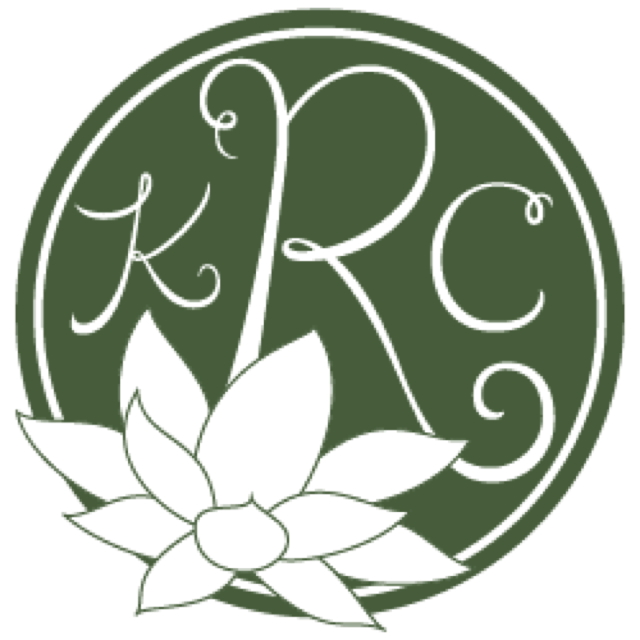Rest More to Do More
Most of us want to do more but also feel exhausted and can’t figure out exactly how to get more done. Some of us are feeling pressure to make up for lost time from the pandemic, but how do we actually find more time? The answer might sound a little ironic. Rest. You don’t have to feel guilty or lazy, think of rest as a way to work smarter not harder.
In his book Rest: Why You Get More Done When You Work Less, Alex Soojung-Kim Pang explains the research that illustrates how we can be more efficient by getting more rest.
Pang outlines 5 ways to get better rest:
Start a routine: Rather than stifling creativity, routine can help us waste less time deciding what we should be doing. With some predictability, we become more efficient and have more time for ourselves. We can create a schedule that takes advantage of when our brains tend to focus best or yield the most creative ideas.
Walking: Engaging our legs can help engage our mind and creatively solve problems. Pang cites a study from Stanford that demonstrated how walking (especially outside) led to better performance on a test. In a Harvard Business Review article, Deborah Grayson Riegel describes how walking can help us find perspective, connection, learning, gratitude, and productivity.
Napping: Few of us want to be accused of sleeping on the job but a nap can boost our later performance. Pang cites a study done by world renowned sleep research Sara C Mednick, P.h.D. Her book Take a Nap! Change Your Life: The Scientific Plan to Make You Smarter, Healthier, More Productive. She outlines how naps increases alertness, boosts creativity, reduces stress, improves perception, stamina, motor skills, and accuracy, elevates your mood, and strengthens memory.
Stopping: A time out can help us avoid stress and burnout. It can be easy to feel either internal or external pressure to push our limits but it doesn’t really work. Brains need rest just like our bodies need rest especially if we want to be creative and efficient.
Sleeping: Both REM and non REM sleep is vital to learning. Lack of sleep just doesn’t make it harder to focus, we also have trouble consolidating memories which has a negative impact on learning. Healthy Sleep a resource website from the Harvard Medical School Division of Sleep Medicine (DSM) outlines how memories become stable in our mind (consolidation) when we sleep or rest. “Being chronically tired to the point of fatigue or exhaustion means that we are less likely to perform well.”, the authors argue. “Neurons do not fire optimally, muscles are not rested, and the body’s organ systems are not synchronized. Lapses in focus from sleep deprivation can even result in accidents or injury.” Sleep deprivation or poor quality sleep can also negatively impact our mood which may further interrupt our ability to learn.
In conclusion, rest is not a luxury item; it is critical to doing our best work.

